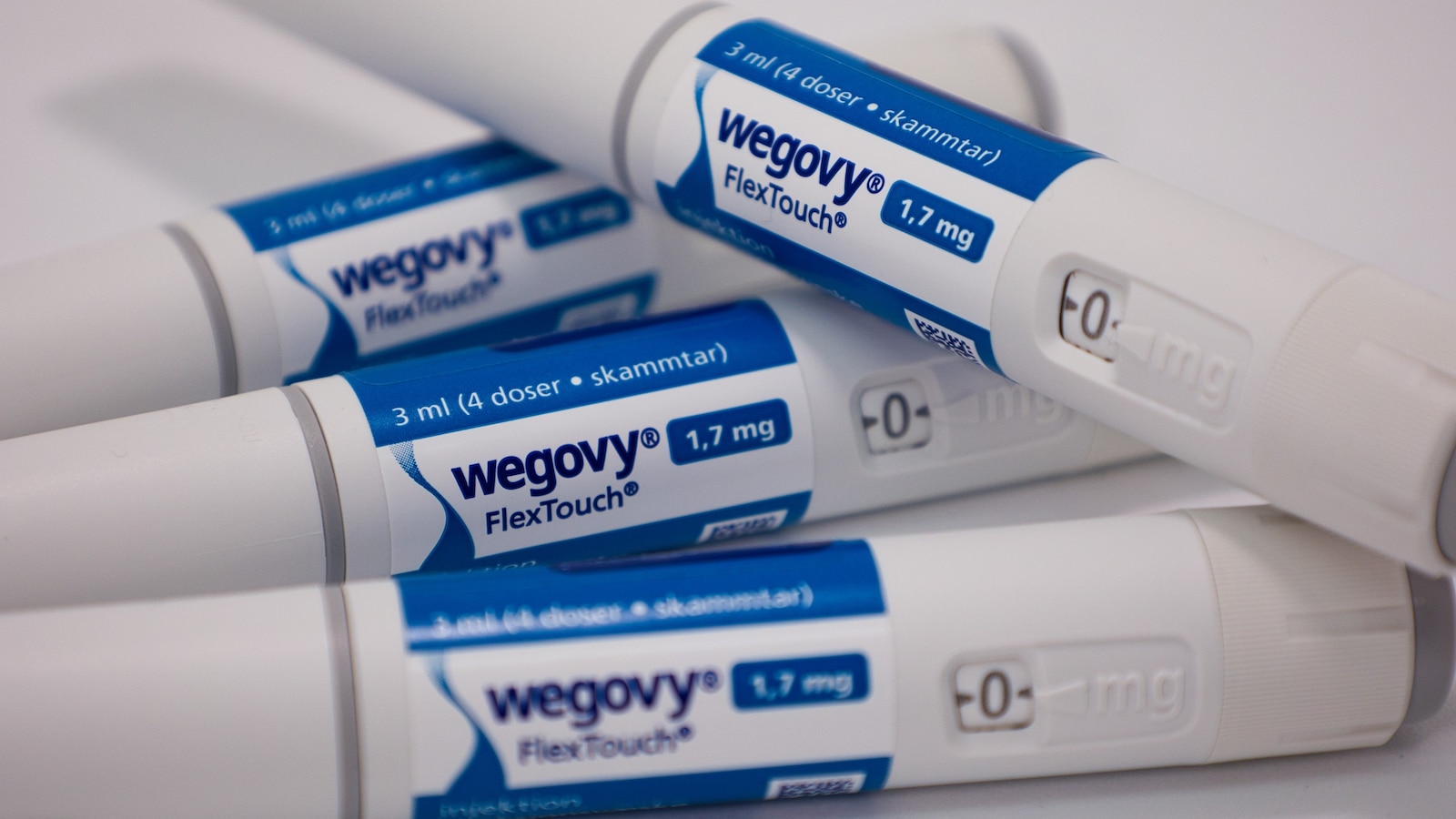T4K3.news
New study reveals weight regain after stopping GLP-1s
Research shows individuals regain weight soon after halting GLP-1 medications like Wegovy.

A study reveals that stopping GLP-1 medications like Ozempic leads to weight regain shortly after cessation.
Stopping GLP-1 medications leads to weight regain according to new research
A recent study indicates that people who cease taking GLP-1 medications such as Wegovy and Zepbound tend to regain weight relatively quickly. The research team from Peking University analyzed 11 studies on the weight outcomes following the discontinuation of these anti-obesity medications. GLP-1s work by mimicking a hormone that promotes insulin production and signals fullness, assisting patients in weight loss when combined with a healthy diet and exercise. However, the findings reveal that within about two months after stopping treatment, most participants began to regain weight, continuing this trend for several months before stabilization. Dr. Louis J. Aronne, an expert in obesity medicine, stated that this weight regain does not signify failure of the medications; rather, it shows that like other chronic medications, the effects stop once the treatment ends.
Key Takeaways
"What happens after stopping an obesity medication is exactly what happens after stopping a diabetes medication."
Dr. Aronne discusses the patterns observed in weight management after ceasing GLP-1s.
"It’s not that the medicine didn’t work. It’s that they lost more weight, so they had more weight to regain."
Dr. Aronne clarifies misconceptions about the effectiveness of GLP-1 medications after treatment stops.
The implications of this study are significant for the millions battling obesity. It highlights the chronic nature of obesity and the need for ongoing treatment. Dr. Aronne's comparison to other common chronic conditions emphasizes that stopping medication typically leads to a return to previous health states. This underscores the importance of viewing obesity not simply as a weight issue but as a complex disease that requires continuous management. While lifestyle changes are vital, reliance solely on them after stopping medication can lead to disappointment as body systems revert to pre-treatment states.
Highlights
- Weight gain post-GLP-1 treatment is a common response, not a failure.
- Obesity requires ongoing management, much like other chronic diseases.
- Stopping medication means body systems revert to pre-treatment states.
- Healthy habits alone may not sustain weight loss after stopping GLP-1s.
Concerns over obesity treatment effectiveness
The study raises concerns about the long-term effectiveness of GLP-1s, affecting patient expectations and healthcare strategies.
Understanding the long-term management of obesity is crucial for effective treatment outcomes.
Enjoyed this? Let your friends know!
Related News

Exploring GLP-1 medications and their implications

Survey reveals weight loss drug side effects

Rise in cosmetic surgery linked to Ozempic use

GLP-1 drugs show potential for PCOS treatment
Weight-loss drugs linked to increased eating disorders in the US

Growing panic among Mounjaro users due to shortages

New study reveals Ozempic's benefits for dementia risk in diabetes

Duke University finds natural weight control in gut bacteria
